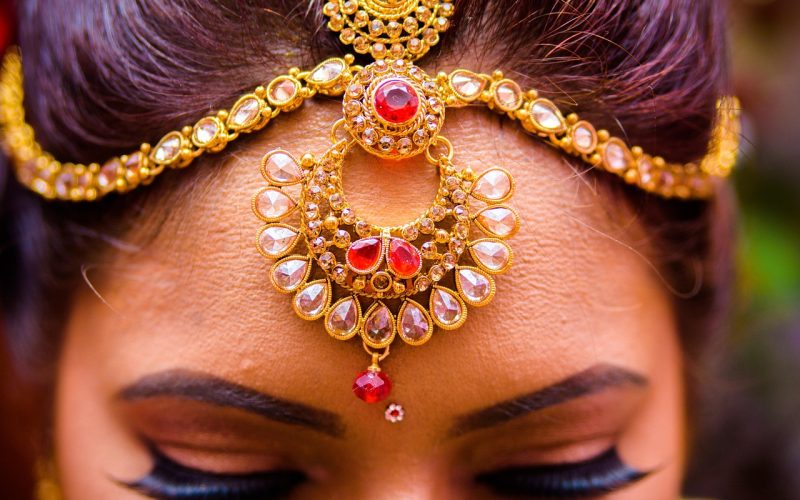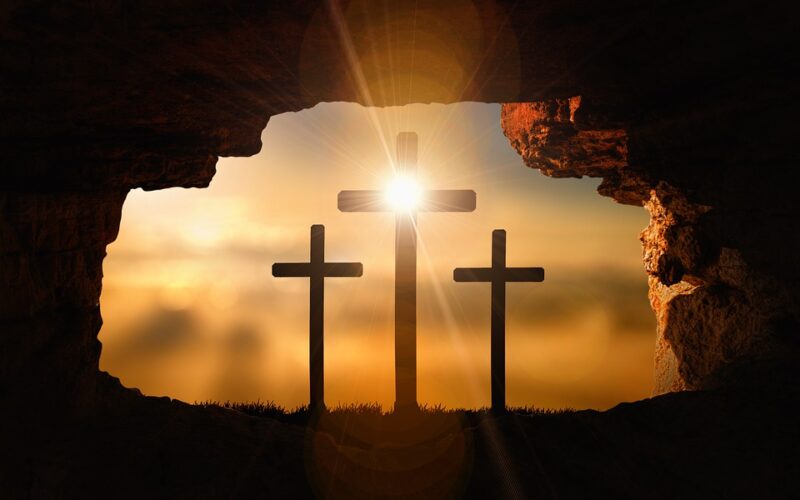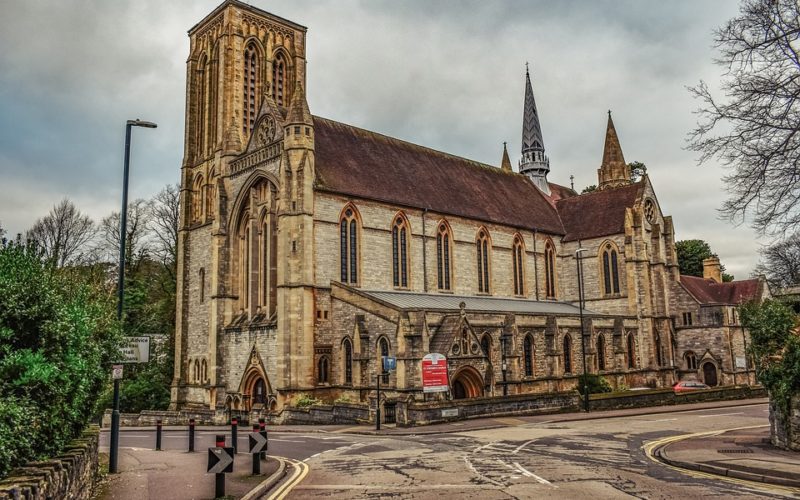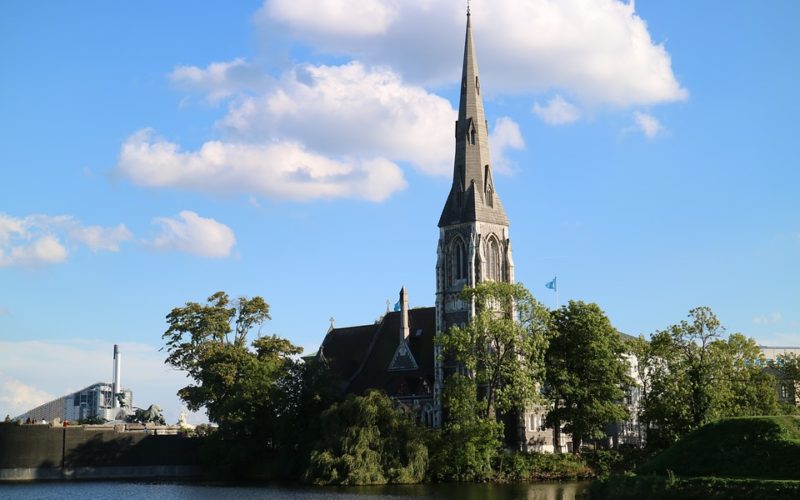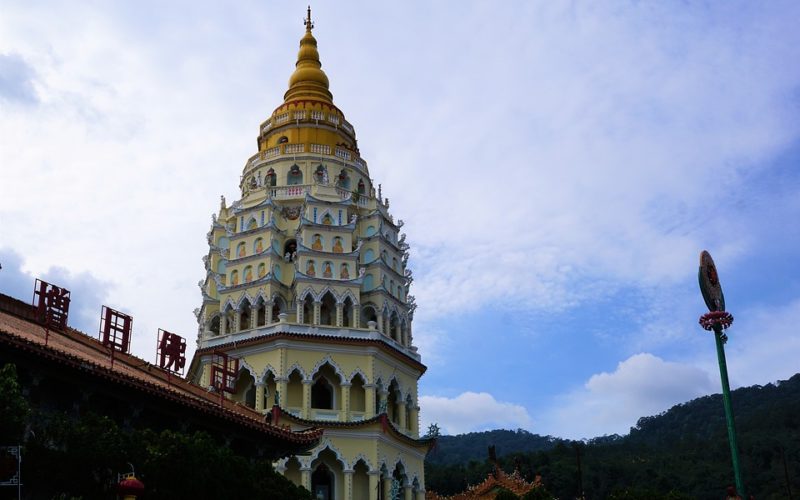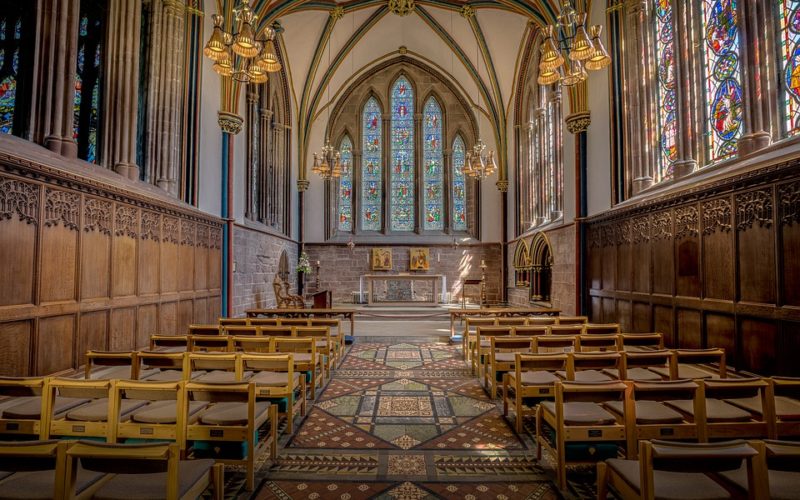Different Faiths
Religious conflicts in mixed marriages often become more evident when families from different faiths are involved in the decision-making process for the wedding day. These issues frequently stem from disagreements over traditions, rituals, and the general expectations each family holds dear. For instance, one family may wish to include a particular religious ceremony or practice during the event, while the other family might feel alienated or uncomfortable with its inclusion.
This clash of beliefs and practices can create a challenging environment for couples trying to honour both families’ wishes without compromising their own desires for the big day. Communication and compromise are pivotal in navigating these conflicts, but tensions can still run high, leading to added stress for the couple.
Capture specific traditional moments
Another significant challenge arises in religious conflicts regarding mixed marriages and wedding logistics, where tensions might extend to seemingly minor decisions. Something as simple as choosing a wedding photographer might become a contentious issue if both families insist on working with someone who shares their cultural or religious background.
Whether it’s a photographer who understands how to capture specific traditional moments or someone who can approach the event with cultural sensitivity, these choices can inadvertently reflect religious preferences. This highlights how even the smallest details can become sources of inter-family discord during such occasions, further complicating the planning process for the couple.
Integrating multiple traditions
One area where religious differences may be starkly visible is in the choice of ceremonial symbols and celebrations, such as wedding fireworks. While one family might view fireworks as a jubilant display of joy and festivity, another might see them as excessive or inappropriate for a religious ceremony.
This difference in perspective often boils down to cultural or religious norms dictating how weddings should be celebrated. For couples striving to strike a balance, integrating multiple traditions while satisfying both families’ expectations can feel like trying to merge two opposing ideals. Wedding fireworks, though stunning and celebratory, can sometimes become the focal point of heated debates rather than shared enjoyment.
Finding common ground in rituals
Amidst all of these challenges, the role of a wedding planner becomes invaluable, especially for couples navigating the complexities of mixed-faith unions. A professional wedding planner who has experience in multicultural or interfaith weddings can act as a neutral party, helping couples manage expectations while ensuring that all voices are heard.
Wedding planners often mediate between families, offering creative solutions that allow both sides to feel included without overshadowing the couple’s personal vision for their wedding day. Whether it’s finding common ground in rituals, coordinating joint traditions, or balancing cultural aesthetics, the right wedding planner can make a significant difference in fostering harmony.
Caught in the crossfire
At the heart of the matter, family dynamics play a crucial role in shaping how religious conflicts in mixed marriages unfold. Parents and extended family members may feel the need to preserve their own faith traditions and pass them on to future generations, leading to a strong desire for their son or daughter’s wedding to reflect that legacy.
Yet, this insistence can unintentionally alienate the other family, sparking emotions like resentment or defensiveness. Couples are often caught in the crossfire, trying to respect their families’ wishes while still protecting their own relationship from undue strain. Addressing these dynamics thoughtfully and with compassion is key to easing tensions on both sides.
Separate or combined religious ceremonies
Adding to the complexities, the couple themselves might feel pressure to conform to certain practices simply to maintain familial harmony, even if it feels misaligned with their personal values.
Weddings are moments of tremendous emotional significance, and the choices surrounding them often carry deep symbolic meaning within religious contexts. For instance, deciding whether to have separate or combined religious ceremonies can become an emotional and spiritual dilemma that reflects broader questions about identity and unity. Couples who take the time to understand each other’s faiths and actively involve both families in open discussions can pave the way for a more inclusive and meaningful celebration.
Blend of traditions
Navigating religious conflicts in mixed marriages requires sensitivity, patience, and a willingness to compromise. Whether it’s deciding on wedding photography that truly reflects the blend of traditions, choosing tasteful wedding fireworks that honour both cultures, or enlisting the expertise of a capable wedding planner, every decision carries the potential to spark a feeling of unity or division.
By prioritising love, mutual respect, and open communication, couples can overcome challenges and create a wedding day that celebrates not just their union but also the joining of two diverse and unique families. While it’s not always an easy path, the rewards of fostering understanding and harmony can make every effort worthwhile.
